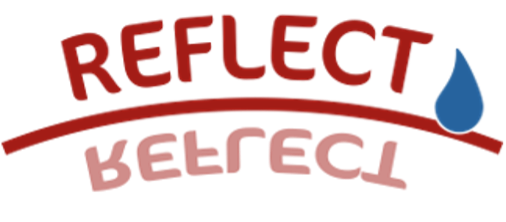REFLECT
The efficiency of geothermal utilisation depends on the behaviour of fluids that transfer heat between the geosphere and the engineered components of a power plant. REFLECT aims to prevent problems related to fluid chemistry rather than treat them. The physical and chemical fluid properties are often poorly defined, as in situ sampling and measurements at extreme conditions are difficult to date. Therefore, large uncertainties in current model predictions prevail, which will be tackled in REFLECT by collecting new, high-quality data in critical areas. These data will be implemented in a European geothermal fluid atlas and in predictive models allowing to provide recommendations on how to best operate geothermal systems for sustainable use.
The part of this project that is carried out at TU Delft focuses on degassing kinetics of geothermal waters. Subsurface waters often contain substantial amounts of dissolved gases. These gases can come out of solution in or near a geothermal production well due to a drop in pressure. This can cause several problems such as corrosion of the facilities or blocking of the reservoir as the free gas limits the flow of water. This project aims to investigate the conditions under which degassing is expected. This is done through a series of lab experiments visualizing the degassing process both in bulk and in porous media.
Keywords: Geo-fluids, deep geothermal
TUD researchers involved:
Anne Pluymakers
Chris Boeije
Pacelli Zitha
David Bruhn
Thomas Reinsch
Funder: European Union’s Horizon 2020 research and innovation programme
